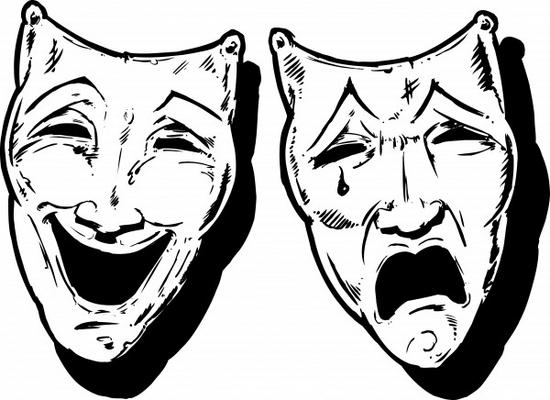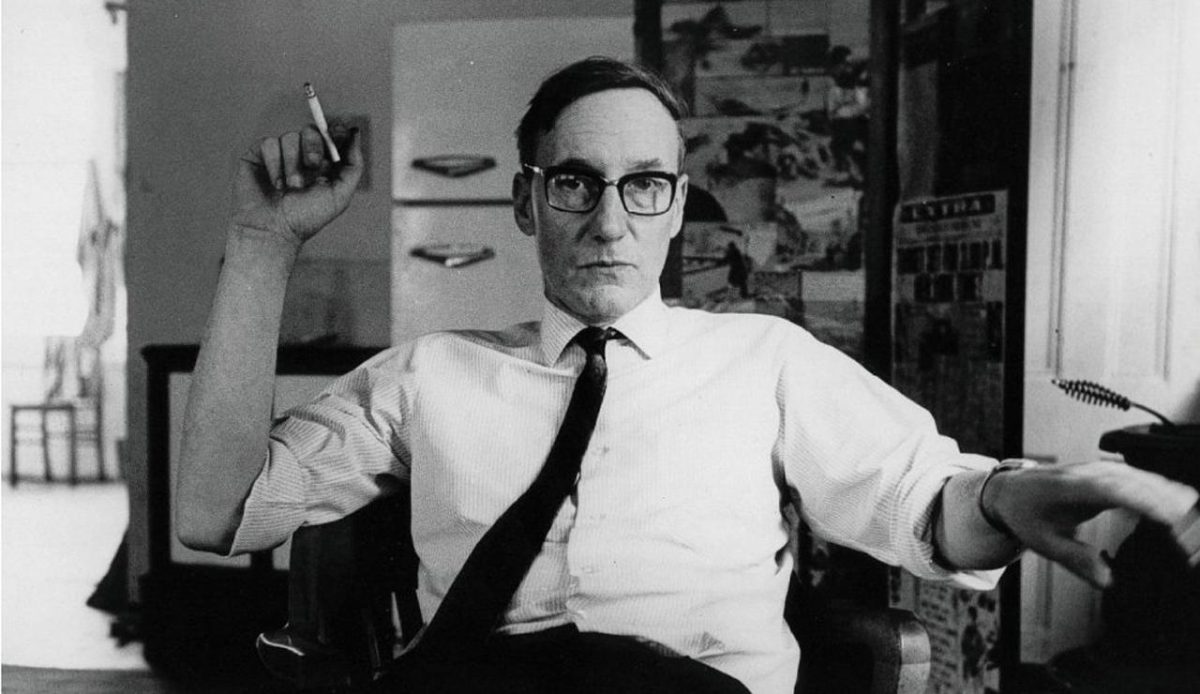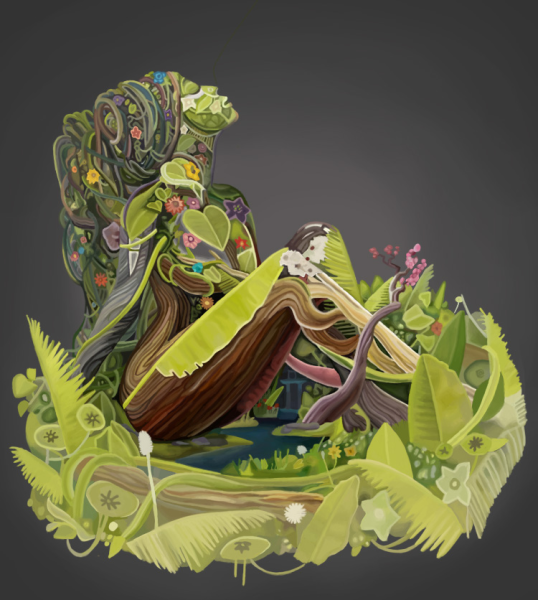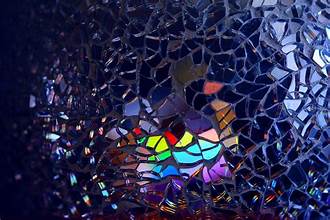Behind the scenes of a theatrical production.

September 16, 2016
When you’re in the audience watching a play, what is it that you see? As a whole, you can see mostly the set and the actors, but is there something more? Looking at a production, one should see it as parts of a whole rather than a single entity. This is key to understanding that the fundamental aspect of theatre is the fact that it is a wide art form with multiple factors that go into the creation of a drama, or a musical, or any of the sort. I’ve interviewed a few people, both students and director, to see what it truly takes to create a theatrical production, and to really understand this art form.
What exactly is integral to the production of a play? For Shelby MacAnanny, the most important part is commitment. “If you don’t have any commitment then it wouldn’t matter if your set costs a billion dollars or if you have the best singers in the world, no one would be on the same page and the whole show would fall flat.” Quest Sawyer, another actor, seems to be on think similarly. “I think the important part of a theatrical production is commitment and team work. Every single department from actors to technicians need to work together in order to make something greater than them all.”
I also asked fellow students what would have to be the most stressful and most fun parts of theatre. “The most stressful parts of it would be memorizing lines,” says Quest, “And I think the most fun part is getting into your character and knowing the ins and outs of his/her personality.” I asked Tony Gugliemelli, a techie, about what are the most stressful and fun parts of theatre. “The most stressful would be when we are building the set,” he said, “Also implementing the technical attributes can be somewhat stressful at times. The most fun would be really getting to know everyone and it really feels like a second family.”
Finally, I got to interview Ms. Delucchi, the director of the drama department in Tuscarora, to see what she thinks is most important to a production. “Well,” she says, “The most integral piece of a play would be the whole in general. Finding an ensemble that is able to work well with one another is important to the production, and that goes from students to directors.” She also says that, from a director’s point of view, that “Having materials that the cast can work with is also very important.” When I asked her about the most stressful and fun parts of the process, she answered, “I think the fun parts would be designing in general, from costumes to lights to the set. Casting is also a very fun process, and I think the most stressful parts of it would have to be the rehearsals. The actual work that goes into a production is a lot more stressful than people think, even the smallest detail can make the biggest difference.”
In the end, what we’ve learned from these interviews, from the experiences of both the students and director, is that theatre is an art form that is widely misunderstood. Like a sport, there is a team, or, to put it in more personal words, a family. There are very small and minute details that can be a part of one whole, and that whole can be a part of another. From the actors, to the techies, and to the director, every aspect is important. It’s this big entity that has multiple little factors, being that a theatrical production is this mechanism that has little systems working it, almost comparative to the scientific workings of the world, or even this whole universe. It’s this marvelous little thing that can bring out a great big bang and, if done with precision, can leave you with great tidal waves of emotions that you thought weren’t even inherently possible for a mere play or musical to bring out of you.















